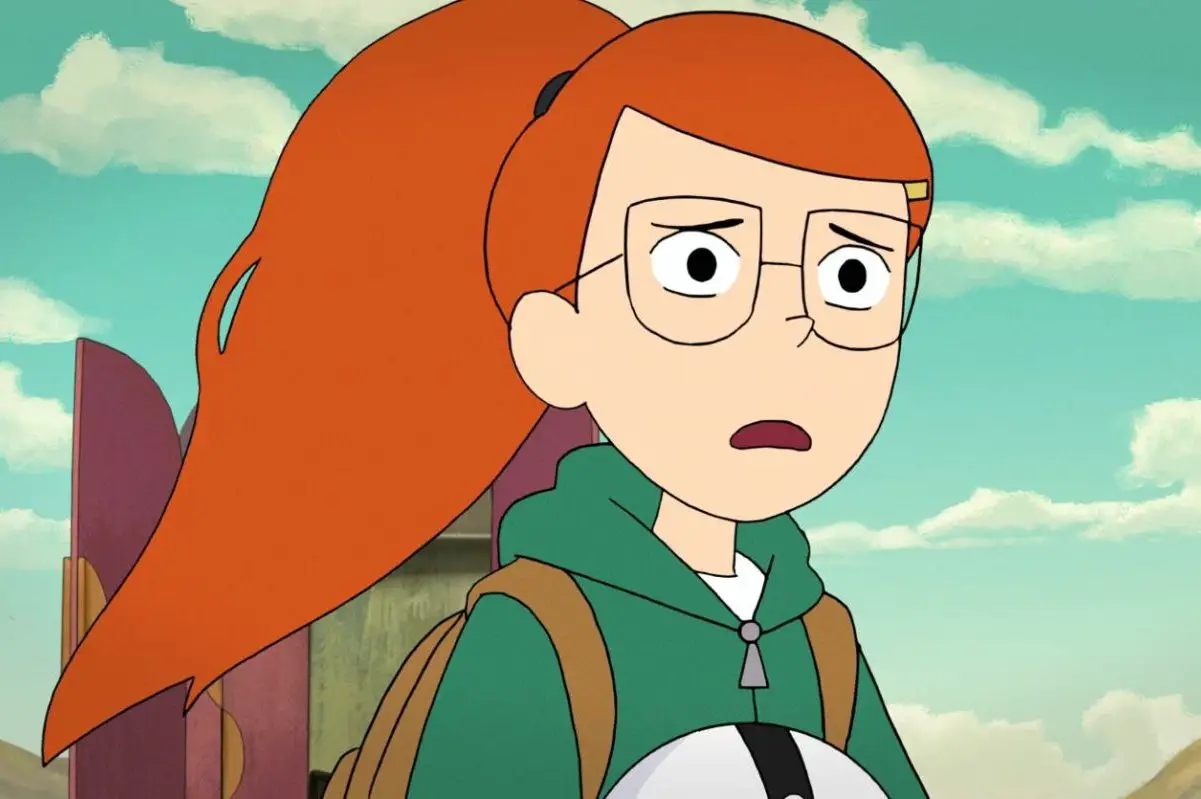Crime is, of course, bad, but sometimes the circumstances call for drastic measures. Recent developments in the world of streaming, known as the “HBO Max Purge,” might make the act of piracy, the unlawful duplication of copyrighted content, not only necessary but actually the right thing to do. It’s important to keep in mind that many piracy sites try to attack users with dangerous malware, but as long as reasonable precautions are taken and careful research is done, you can fully commit to your new life of crime with relative safety.
In April of this year, WarnerMedia and Discovery completed their merger into Warner Bros. Discovery, bringing together each of their respective streaming platforms, HBO Max and Discovery+. The timeline is incredibly eventful to say the least, dating back to the initial merger announcement in May of last year and including various reassuring statements about the companies’ continued support for their content creators, all followed by widespread cancelations and the complete removal of those creators’ popular work from HBO Max’s streaming line-up — often without alerting the creators first. This includes the cancelation of the fully filmed and almost fully edited live-action “Batgirl,” as well as the deletion of the well-received animated series “Infinity Train.”
The big question on the minds of many disappointed fans is simply why this purge is even happening. All these sudden cancelations of popular projects could be considered the expected consequences of such a massive corporate merger, wherein the newly formed company has to reorient itself and set out a strategic plan for its content.
The main priority for David Zaslav, the long-time executive at Discovery heading up the merger process, is to “make streaming video as profitable as the old TV business.” Certain properties will inevitably fall to the wayside during such upheaval and strategic change. Reports from former HBO Max executives and staffers ousted amid the content purge confirm WBD’s profit-driven vision, but unfortunately, that vision does not appear to include as much support or respect for creators of inventive and diverse content and could result in an overall decline in quality for the service’s programming.
It’s a matter of demographics, according to one executive, with Discovery catering to a far more general audience than would enjoy the specificity and style of much of HBO’s most acclaimed projects. With the company pivoting heavily toward a more widespread appeal, this executive claims many films and series with more niche followings have been written off for tax breaks, a statement echoed by creator and voice actor Olan Rogers, whose star-studded animated series “Final Space” was a recent casualty at HBO.
“Infinity Train” creator Owen Dennis criticized Discovery for its unprofessional actions during the merger, viewing the unexpected purge as a betrayal that disincentivized talent from wanting to work with the company ever again. The motivations behind which shows and films were pulled, as well as the manner in which Warner Bros. Discovery went about the entire process, seem to have caused some potentially long-lasting damage to its relationship with creators and pushed viewers toward alternative sources for entertainment — namely piracy.
But how does a federal crime like piracy solve any of the problems stemming from these events? Piracy can’t overturn the common belief that animation is only fit for children, or keep essential representation and diversity in media, or even financially support the mistreated writers, producers, editors and more who have had their hard work thrown away. It will have almost no direct effect on solving any of these problems. However, piracy may be the last resort for media preservation in the streaming era, and that is extremely important.
With the decline in physical media such as DVDs in the 21st century, it is no longer a sure thing that even the most popular shows and movies will receive physical releases. If treated like tax write-offs, shows like “Infinity Train” and “Final Space” could very well end up permanently lost or incomplete. This, unfortunately, isn’t a new phenomenon in the world of television and film. In the 1960s and ‘70s, it was the policy of the British Broadcasting Corporation (BBC) to delete archived footage for various reasons such as lack of space or not having the rebroadcasting rights for certain shows. As a result, 96 episodes of classic “Doctor Who” are completely lost. In the advent of the streaming age, this was seen as one way streaming promised to be superior to traditional physical media, as there was no danger of physical wear and tear; it was preserved as soon as it was made.
HBO Max has actually had a generally positive reputation in terms of keeping older and less accessible media alive. While some streaming platforms enjoy loyal subscriber-bases due to high-quality user interfaces, rights to popular or breakout films and series, or just seniority in the industry, HBO Max (infamous interface criticisms aside) has managed to stand out among its many competitors due to the breadth and depth of its content catalog.
Some standout collections on HBO include its partnership with Turner Classic Movies to promote the greatest of old cinema to new generations, and its partnership with Studio Ghibli, bringing the impactful beauty and messages of Japanese animation to international audiences. Neither of these are the most popular or profitable, but their value is undeniable, making WBD’s apparent disregard for its other media properties all the more painful.
Celebrated director Martin Scorsese wrote for Encyclopedia Britannica on why film preservation is so important: “The cinema gives us something precious: a record of ourselves in time, documented and interpreted.” Efforts today continue to protect this art form, as well as its stories and messages left for us by previous generations; it is a sad day when art with important and meaningful themes is thrown away for not being profitable.
If a show is erased, it is saved by those who pirate it, whether by recording little clips here or there, or downloading entire episodes. Piracy is not a perfect solution, but it addresses the immediate problem. Even if difficult conversations and niche topics aren’t profitable, that doesn’t mean there aren’t still valuable lessons and ideas to be gained from them. Keep the ideas alive, and in the process keep those beautiful artists inspired and creating.

















